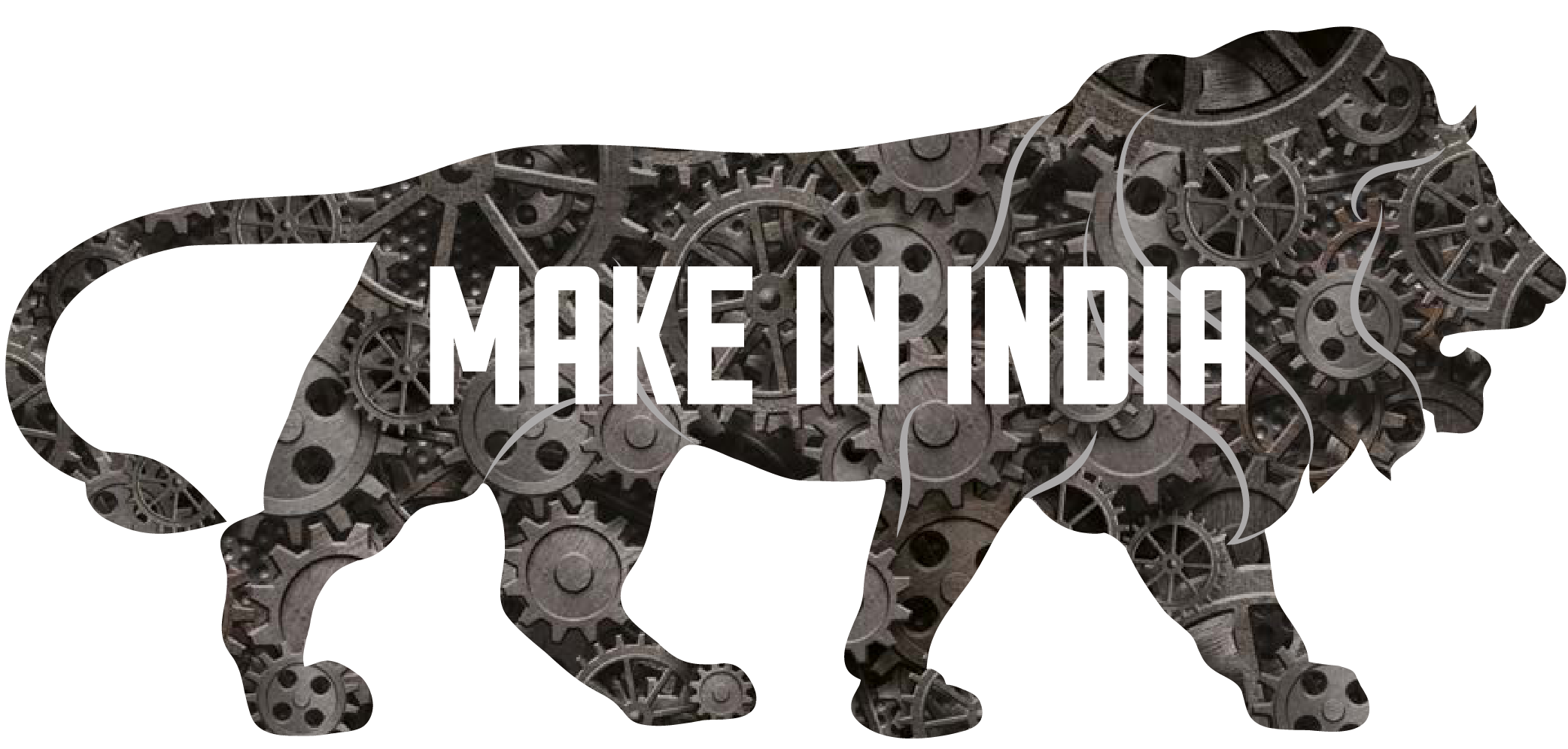How to Use Decentralized Finance for Making Sustainable Investments
Decentralized finance, commonly referred to as DeFi, is a rapidly growing sector within the cryptocurrency industry. It provides individuals with the opportunity to access financial services without the need for traditional intermediaries such as banks. DeFi offers various benefits, including lower costs, greater transparency, and increased access to financial products.
One of the key advantages of DeFi is its potential to facilitate sustainable investments. Sustainable investments are those that seek to generate financial returns while also having a positive impact on society and the environment. In recent years, there has been a growing interest in sustainable investing as individuals and institutions alike seek to align their financial goals with their values.
DeFi platforms offer several ways to make sustainable investments. One of the most popular methods is through decentralized lending and borrowing protocols. These protocols allow users to lend out their cryptocurrency holdings to earn interest or borrow assets by providing collateral. By lending out their assets, individuals can support projects that promote sustainability, such as renewable energy initiatives or social impact projects.
Another way to make sustainable investments through DeFi is by participating in decentralized exchanges (DEXes) that support environmentally friendly projects. DEXes allow users to trade cryptocurrencies directly with one another without the need for a central authority. By trading on platforms that support sustainable projects, individuals can directly contribute to the financing of initiatives that align with their values.
In addition to lending, borrowing, and trading, DeFi also offers opportunities for sustainable investments through yield farming and staking. Yield farming involves providing liquidity to DeFi platforms in exchange for rewards, while staking involves locking up cryptocurrency assets to support the operations of a blockchain network. Both of these methods can be Stable Capital used to support sustainable projects and initiatives that align with an individual’s values.
It is important to note that while DeFi offers opportunities for sustainable investments, it also comes with risks. The decentralized nature of DeFi means that there is a higher degree of risk compared to traditional financial systems. Users must conduct thorough research and due diligence before participating in any DeFi platform to ensure the security of their assets and investments.
As the DeFi industry continues to grow and evolve, we can expect to see a greater focus on sustainable investments within the sector. By leveraging decentralized finance, individuals have the opportunity to support initiatives that promote social and environmental sustainability while also generating financial returns. By understanding how to use DeFi for making sustainable investments, individuals can align their financial goals with their values and contribute to a more sustainable future.


